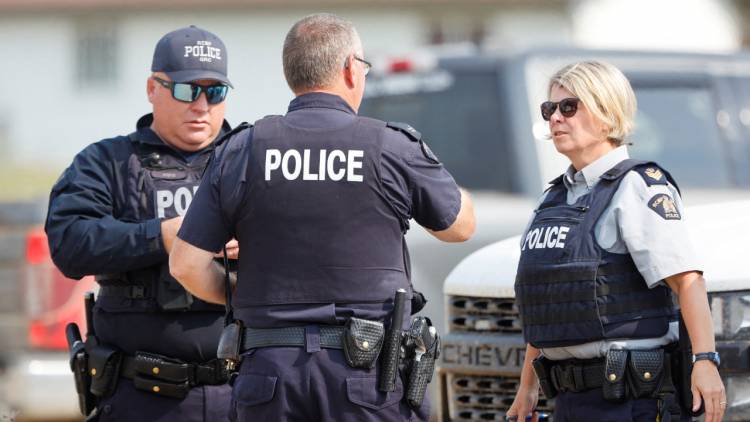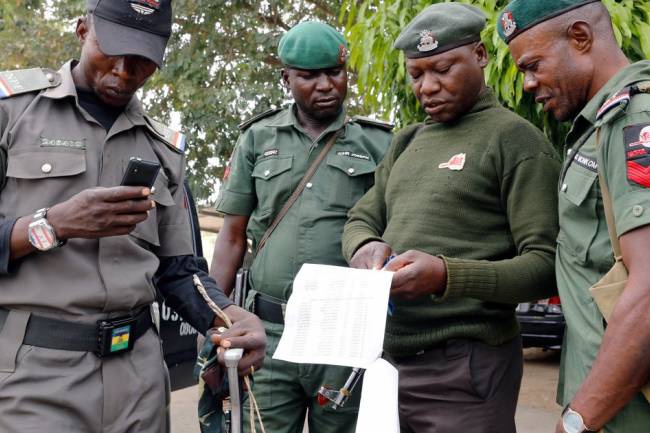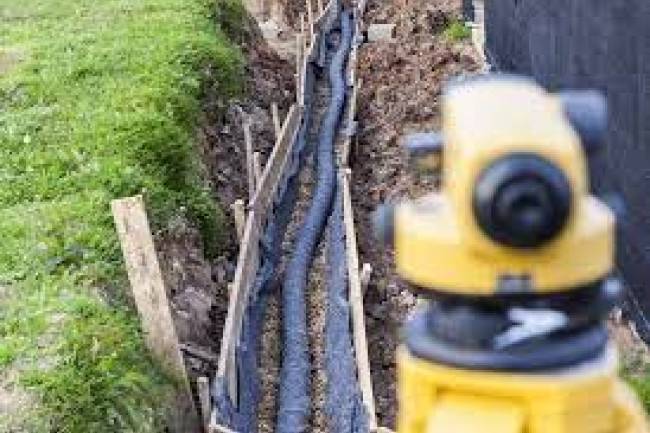
How To Be A Police Officer In Canada
Becoming a police officer in Canada is a challenging and rewarding career choice that requires a lot of dedication and hard work. The process of becoming a police officer in Canada can vary depending on the specific requirements of each police force, but there are some general steps that most candidates will need to follow. In this article, we will provide an overview of how to become a police officer in Canada.
- Meet the Basic Requirements
Before you can begin the process of becoming a police officer, you will need to meet some basic requirements. These can vary slightly depending on the police force you are applying to, but in general, you will need to:
- Be a Canadian citizen or permanent resident
- Be at least 18 years of age
- Have a valid driver's license
- Have a high school diploma or equivalent
- Pass a criminal record check
Some police forces may also require candidates to have a post-secondary education, although this is not always necessary.
- Apply to a Police Force
Once you have met the basic requirements, you can begin the process of applying to a police force. Most police forces in Canada have an online application process that you can complete on their website. This application will typically include questions about your personal information, education, work history, and any criminal history you may have.
- Pass the Written and Physical Exams
After submitting your application, you will be required to take a written exam to test your knowledge of policing and the law. This exam will typically cover topics such as criminal law, Canadian government, and police procedures.
In addition to the written exam, you will also need to pass a physical exam. This exam will test your physical fitness and ensure that you are able to meet the physical demands of the job.
- Complete the Interview Process
If you pass the written and physical exams, you will be invited to an interview with the police force you are applying to. This interview will typically be conducted by a panel of police officers and will be designed to assess your communication skills, problem-solving abilities, and your motivation for becoming a police officer.
- Complete the Background Check and Security Clearance
Before being hired as a police officer, you will need to undergo a thorough background check and security clearance. This will involve a review of your criminal record, employment history, and references. You may also be required to undergo a psychological evaluation and drug test.
- Attend Police Training
If you are hired as a police officer, you will need to attend police training at a police academy. This training can last anywhere from 16 to 32 weeks, depending on the police force you are joining. During this training, you will learn about criminal law, police procedures, and physical fitness. You will also receive training in firearms, self-defense, and driving.
- Complete On-the-Job Training
After completing police training, you will begin working as a police officer. During this time, you will be required to complete on-the-job training, which can last for several months. This training will involve working under the supervision of experienced police officers and learning how to apply your training in real-life situations.
- Ongoing Professional Development
As a police officer, you will be required to undergo ongoing professional development to keep your skills and knowledge up to date. This may involve attending training courses, workshops, and seminars. You may also be required to take on additional responsibilities, such as becoming a detective or working in a specialized unit.
Conclusion
Becoming a police officer in Canada is a rigorous process that requires a lot of dedication and hard work. However, it can also be a rewarding career that allows you to make a difference in your community. If you are interested in becoming a police officer, you should research the specific requirements of the police force.
Click Here To See More












